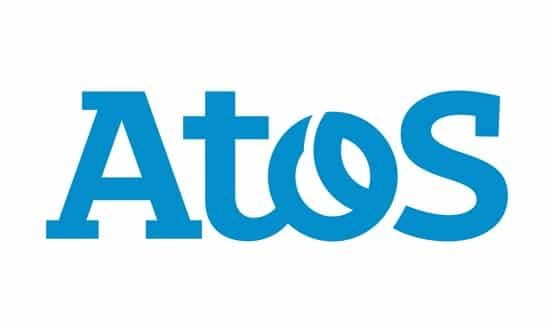Letter to the PM
- 26 June 2007
In an open letter Robin Guenier, former CEO of the Government’s Central Computing and Telecommunications Agency, urges the new Prime Minister take some simple steps to help ensure the success of the NHS IT programme.
The Rt Hon Gordon Brown MP
10 Downing Street,
London
SW1A 2AA
26 June 2007
Dear Prime Minister,
I don’t suppose that the NHS National Programme for IT (NPfIT) is high on your list of priorities. I suggest it should be: you have an opportunity now to make some simple changes that could transform the Programme, benefit the NHS and make a real difference to clinical care.
Most informed people welcomed NPfIT when it was launched in June 2000, recognising the need for a comprehensive update of NHS IT systems. The project got fully started in April 2003 and, since then, around £2bn has been spent and much more committed. A lot has been achieved. Yet there are problems: key elements of the Programme are years late, costs are escalating, suppliers are in trouble, users are disappointed and stakeholders feel neglected. The NHS insists all is well: a recent report for your predecessor is reported to have said, “Much of the programme is complete …”. In contrast, an April 2007 Public Accounts Committee report did not expect significant clinical benefit before 2013/14 when current contracts end.
My purpose is not to discuss which view is correct but to recommend three actions that could transform NPfIT.
1. First, I propose that a full-time “senior responsible owner” (SRO), as defined by the Office for Government Commerce, be appointed with unambiguous responsibility for the entire project. At present David Nicholson, NHS Chief Executive, is the official NPfIT SRO and below him are other “SROs” responsible for various aspects of the project. It is unsatisfactory that a project so important to the future of the NHS should be managed in this way. NPfIT is the biggest civil IT project in Europe and probably the world. Expecting the person with overall responsibility for it to have a range of other responsibilities is like expecting Churchill to prosecute WW2 while giving most of his attention to painting, bricklaying and writing. A result is that full-time responsibility is divided between various people who can blame each other for any problems: thus we’re told by one faction that all would be well if it were not for a failure of “attitudes and behaviours” elsewhere.
In my view, the appointment of a full-time overall SRO would be a huge step forward. And its implementation is probably easier now in view of the recently announced departure of Richard Granger, Director General for NHS IT.
2. Secondly I propose that, as recommended in April by the Public Accounts Committee, the business case for NPfIT be subject to an independent review in the light of progress and experience so far. Such a review is an essential element of any well-run project: as time and circumstances change, so inevitably the original business case can come to be seen in a new light. A project often derives substantial benefit and fresh focus from such a review. The results should be published, in particular as part of the engagement exercise referred to below.
Independence is essential: evidence at a recent select committee hearing regarding the farmers’ payments debacle showed how a “conspiracy of optimism” had developed in the Rural Payments Agency. Over time, people directly involved in a project can, quite understandably, cease to be objective about it.
3. Finally, I propose that a major exercise be implemented to engage NHS staff, especially clinicians, with the Programme. No one denies the need for such engagement yet, despite years of promises and initiatives, the results have been dismal: a range of surveys has confirmed that most doctors and nurses, whose support is vital if NPfIT is to be effective, feel that they have not been adequately consulted. Consultation with and engagement of end-users is a basic commonplace of project management – yet this project has been running for over four years and clinicians still feel neglected. Their initial enthusiasm is evaporating. By any measure, it’s been an irresponsible failure.
It should be a long-term continuous programme comprising direct individual contact, an interactive website, regular surveys of opinion and a willingness to listen. Regaining enthusiasm at such a late stage will be difficult. But it’s essential: without user enthusiasm the whole project is at risk. Properly done, it would cost several hundred million pounds. But, if £1bn can be spent engaging BT, surely a rather smaller sum can be made available for the equally important priority of engaging clinicians?
I urge you to consider these recommendations. They need not mean any serious delay in the continuing implementation of NPfIT.
Yours sincerely




